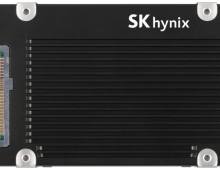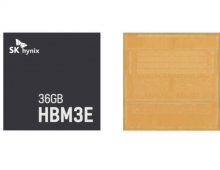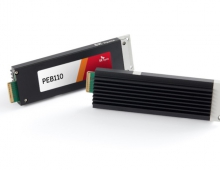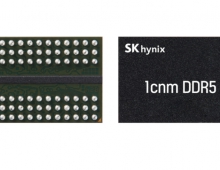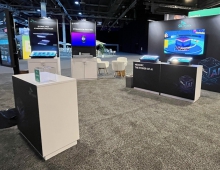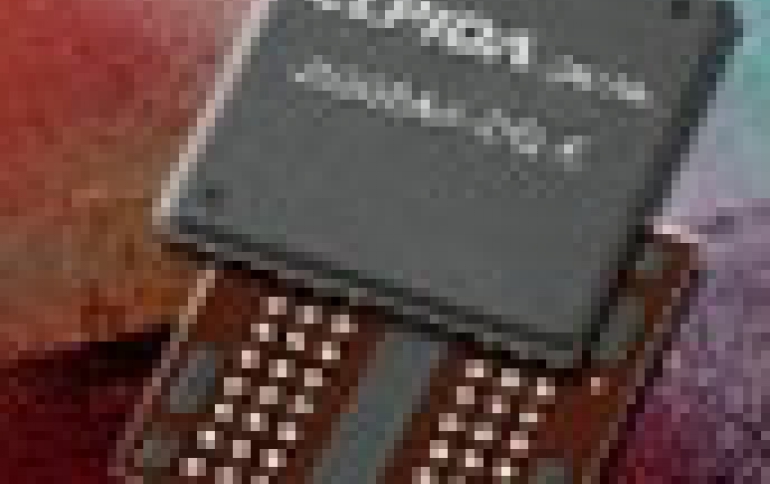
Elpida Close To tie-up with Nanya
Elpida Memory will reportedly start tie-up talks next month with Taiwanese rival Nanya Technology, with a view to a possible merger, the Nikkei business daily said on Thursday.
The move would held Elpida, the world's No3 DRAM player, better compete against South Korean giants, as makers of DRAM chips suffer from slack demand for PCs.
Combined, the two companies would have a 19.3 percent share of the Dynamic Random Access Memory market, compared with Samsung Electronics at 41.6 percent and Hynix Semiconductor at 23.4 percent, the Nikkei said.
Elpida issued the following statement:
"Elpida Memory wishes to make clear that today's media report concerning its business reorganization are not based on information announced by Elpida. In regard to Elpida's business operating funds we note the following: In addition to the recently announced investment by one of the company's strategic partners in an Elpida subsidiary we are discussing advanced payments and capital investments with customers. Elpida also continues to discuss with its major banks the refinancing of borrowings so that company business operations can be conducted normally."
Nanya's chairman said the two firms were not in talks on cooperation.
The arrangement would involve introducing the Japanese firm's technologies at Nanya's production facilities, while development would be done mostly in Japan, the Nikkei said.
Elpida and Nanya have been engaged in a series of legal battles related to their DRAM patents. Last month, Nanya filed complaints against Elpida with US ITC, asking barring the importation of Elpida DRAM and products containing Elpida DRAM into the United States. Responding to Nanya's complaint with USITC, Elpida filed new complaints in the USA in Taiwan's Intellectual Property Court. Elpida has also filed a lawsuit in the U.S. District Court seeking the court to have Nanya and Nanya USA halt infringement of Elpida's DRAM technology-related patents and to have them compensate for damages caused by the infringement.
Combined, the two companies would have a 19.3 percent share of the Dynamic Random Access Memory market, compared with Samsung Electronics at 41.6 percent and Hynix Semiconductor at 23.4 percent, the Nikkei said.
Elpida issued the following statement:
"Elpida Memory wishes to make clear that today's media report concerning its business reorganization are not based on information announced by Elpida. In regard to Elpida's business operating funds we note the following: In addition to the recently announced investment by one of the company's strategic partners in an Elpida subsidiary we are discussing advanced payments and capital investments with customers. Elpida also continues to discuss with its major banks the refinancing of borrowings so that company business operations can be conducted normally."
Nanya's chairman said the two firms were not in talks on cooperation.
The arrangement would involve introducing the Japanese firm's technologies at Nanya's production facilities, while development would be done mostly in Japan, the Nikkei said.
Elpida and Nanya have been engaged in a series of legal battles related to their DRAM patents. Last month, Nanya filed complaints against Elpida with US ITC, asking barring the importation of Elpida DRAM and products containing Elpida DRAM into the United States. Responding to Nanya's complaint with USITC, Elpida filed new complaints in the USA in Taiwan's Intellectual Property Court. Elpida has also filed a lawsuit in the U.S. District Court seeking the court to have Nanya and Nanya USA halt infringement of Elpida's DRAM technology-related patents and to have them compensate for damages caused by the infringement.

